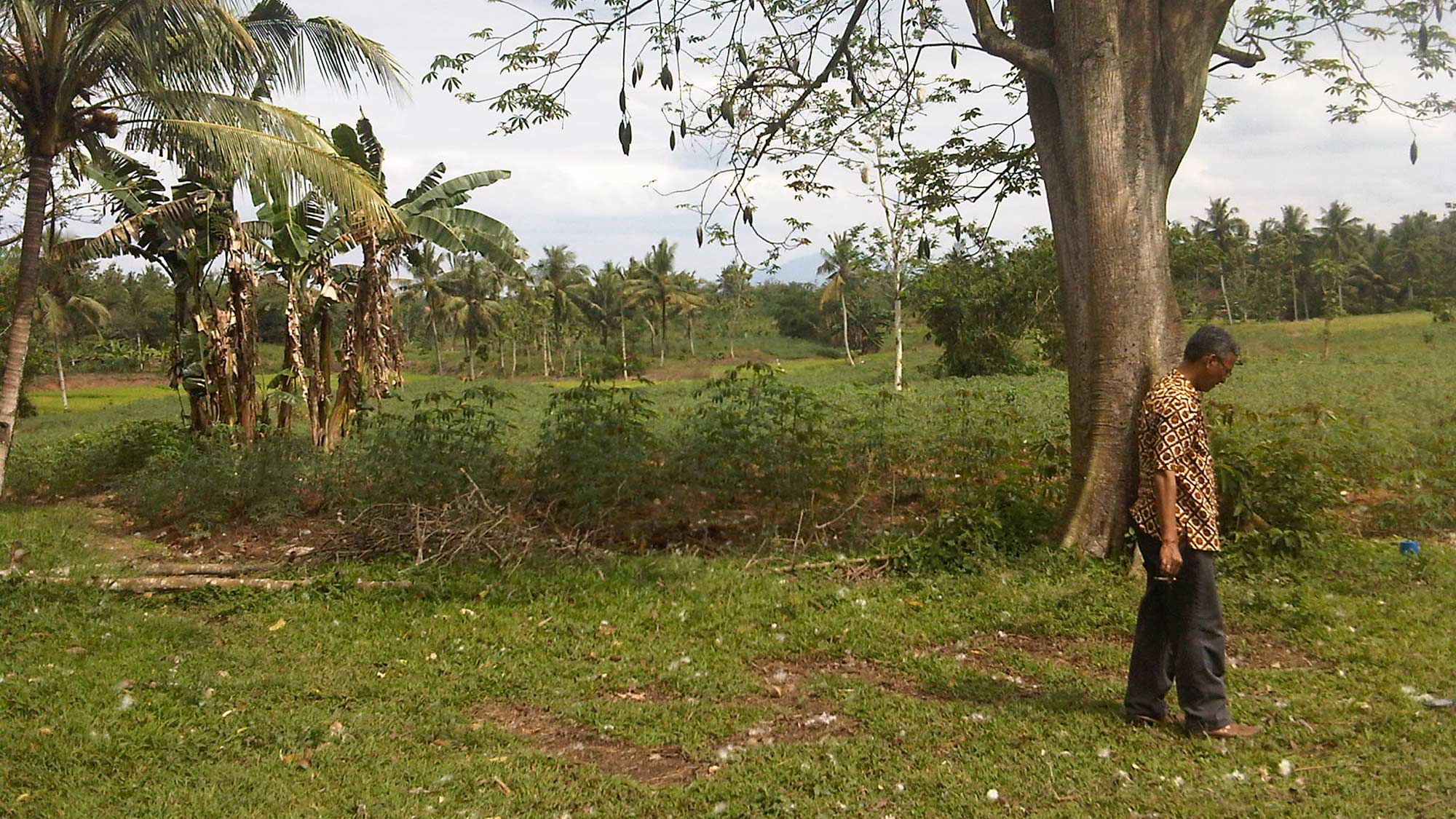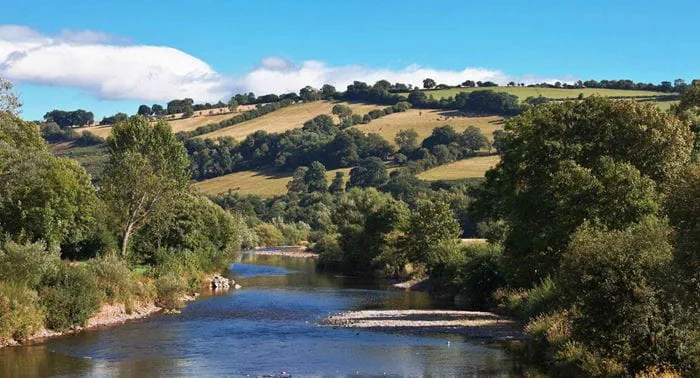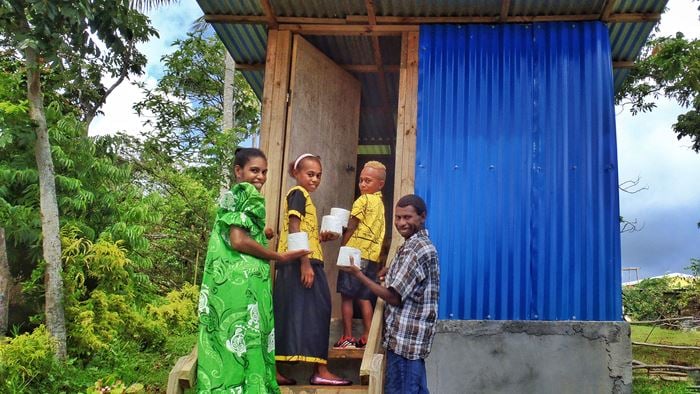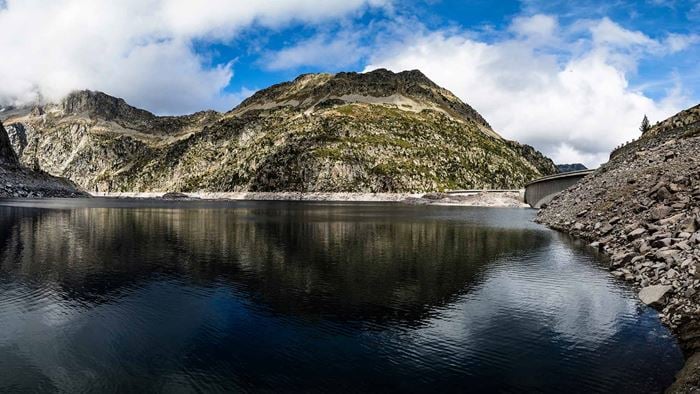In the rapidly growing region of Bandar Lampung, Indonesia, only half of the community is connected to water supply which isn’t of potable standard. In addition the existing system has high losses affecting the reliability of supply. This project will bring major benefits to the region, giving communities reliable access to potable water, improving the health of residents and in turn, reducing the financial strain placed on the government.
Once completed, the Bandar Lampung water supply scheme will provide access to clean water and improve the sanitation of an estimated one million people.
Arup’s expertise as technical advisor on the first water PPP project through Indonesia Infrastructure Guarantee Fund, has played a key role in helping the Indonesian government to develop the technical and contractual documentation for the Expression Of Interest (EOI) and tender stages.
Our independent technical advice – which included forecasting and managing all associated project costs and evaluating bidders – reduced the level of uncertainty and risk associated with the project, enabling it to be more cost competitive. (See details tab for details of the technical aspects of our role).
Our work also enabled the local Perusahaan Daerah Air Minum (PDAM) to understand the technical and commercial challenges associated with supplying potable water to their customers through a public private partnership approach. Arup was initially engaged by Singapore Cooperation Enterprise to support PDAM, and also by the World Bank for subsequent stage of work. We identified and developed a cost effective design solution, developed and evaluated EOI documents, developed the RFP documents and engaged with PDAM, World Bank, SCE, IIGF and the Indonesian Ministry of Finance to facilitate the approval process for the project.
The Bandar Lampung project follows recent engagements to build resilient cities to combat the impacts of climate change.
 ;
;







